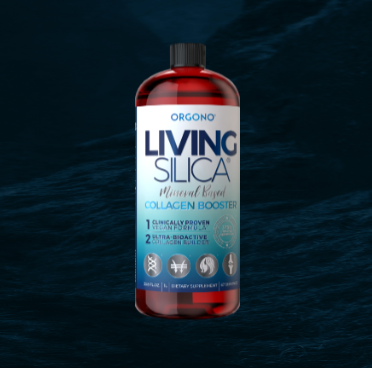
Crucial & Underestimated
Mineral
While minerals such as magnesium, potassium, and iron are widely acknowledged for their roles in health, silica remains relatively less recognized and understood.
Accumulating evidence over the past 30 years strongly suggests that dietary silicon has been overlooked as a key trace mineral.





